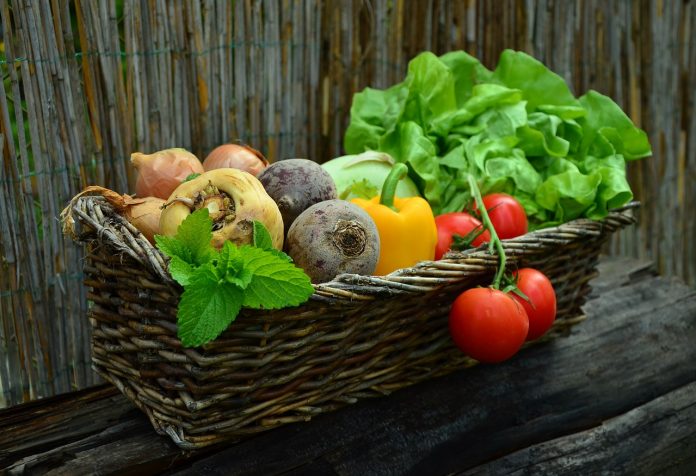
Nutritionally, my concern for people drinking raw milk is centered on the lack of vitamin D in raw milk. Your body needs vitamin D for adequate development of bone and teeth. Children especially need adequate sources of vitamin D to prevent rickets, which is characterized by a bowing of the legs. Before fortification of milk, public schools gave cod liver oil to schoolchildren to prevent rickets and to prevent faulty mineralization of teeth.
Another source of vitamin D is sunlight. We have vitamin D receptors in our skin which synthesize sunlight into vitamin D. Northern residents of the United States and Canada cannot rely on sunlight for vitamin D since the climate is cooler and people are more likely to have most of their skin covered. Also, cloudy days, smoke, fog and window glass act as barriers to sunlight, which should not be depended upon to supply enough vitamin D. Additionally, the health risk of any sun exposure increases a person’s risk of skin cancer.
So I would suggest that if you are drinking raw milk, pasteurize it and take vitamin D supplements to meet your Recommended Dietary Allowance (RDA) of five micrograms for adults (ages 25 to 50), 10 micrograms for children and young adults (ages 6 months to 24 years) and 7.5 micrograms for infants (ages 0 to 6 months). Most fortified milk found in grocery stores has vitamin D added to provide 10 micrograms per quart.
PS Natural can mean any food grown on this planet. This also includes foods like sugar and white flour.


